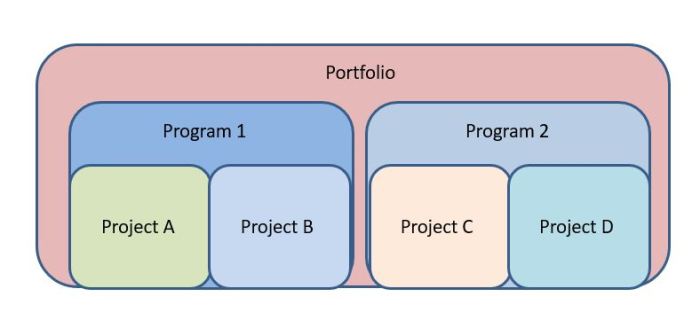
Welcome to the world of Project Management. The reason you are here shows that you are in search of information to broaden your knowledge around project management. The one best thing about this subject is that there is always something new to learn. Project Management is vast subject and every reader would look for a specific content to suit their learning needs. Historically, Project Management has been used in some shape or form since early civilization. The Project Management that we know about started somewhere in 1950s, where techniques such as CPM and PERT were invented and applied in manufacturing and defense sectors. Since then it has become popular and wide spread in construction industry, information technology, energy and more recently into banking, entertainment, product launches and event management.
Over the past few years, I have been trying to share my knowledge and perspective around this topic with readers like you, through various forums such as my blogs, replies to posts on sites, emails etc. While I feel satisfied, for the fact that I have been able to answer the queries of a wide spectrum of project management “Learners”. At the same time feel that there are a number of learners, who may not ask the question but would still seek to learn. There may be many learners who have not yet found the right answer to their question and those who feel that they would like to dig deeper into the detail. I am therefore planning to curate content for helping Students, who are looking at some real life perspective to broaden their understanding of the concepts. And for Front line practitioners, who wish to understand a particular aspect of the subject or simply keep up to date with knowledge.
I am planning to develop a short video series and a e-book to cover the topics around project management, over the coming months, which will be available to readers like you absolutely Free !!
In order to do this – I am reaching out to readers like you to seek some inputs that I could use to shape the content or any other suggestion that I should consider. I would also request you to share this link with the like minded learners in your networks.. Alternatively I could be reached by email or you could leave a comment below.


